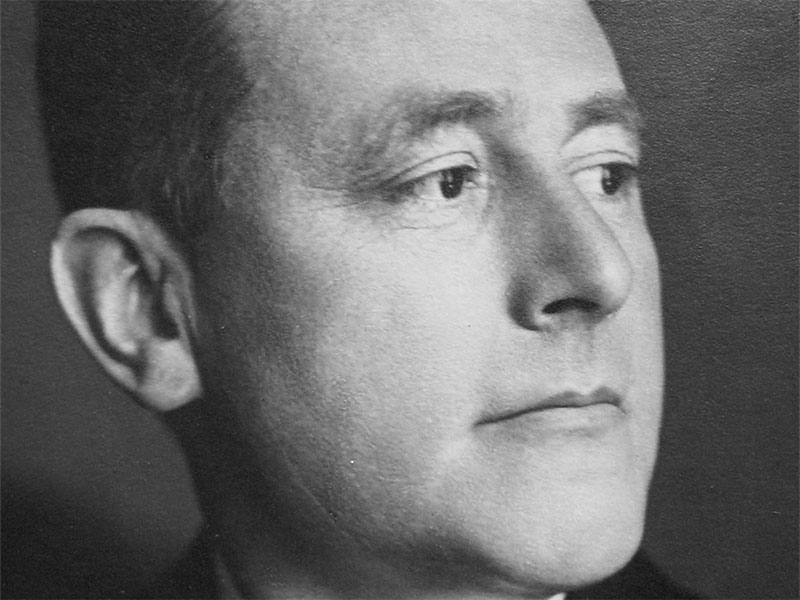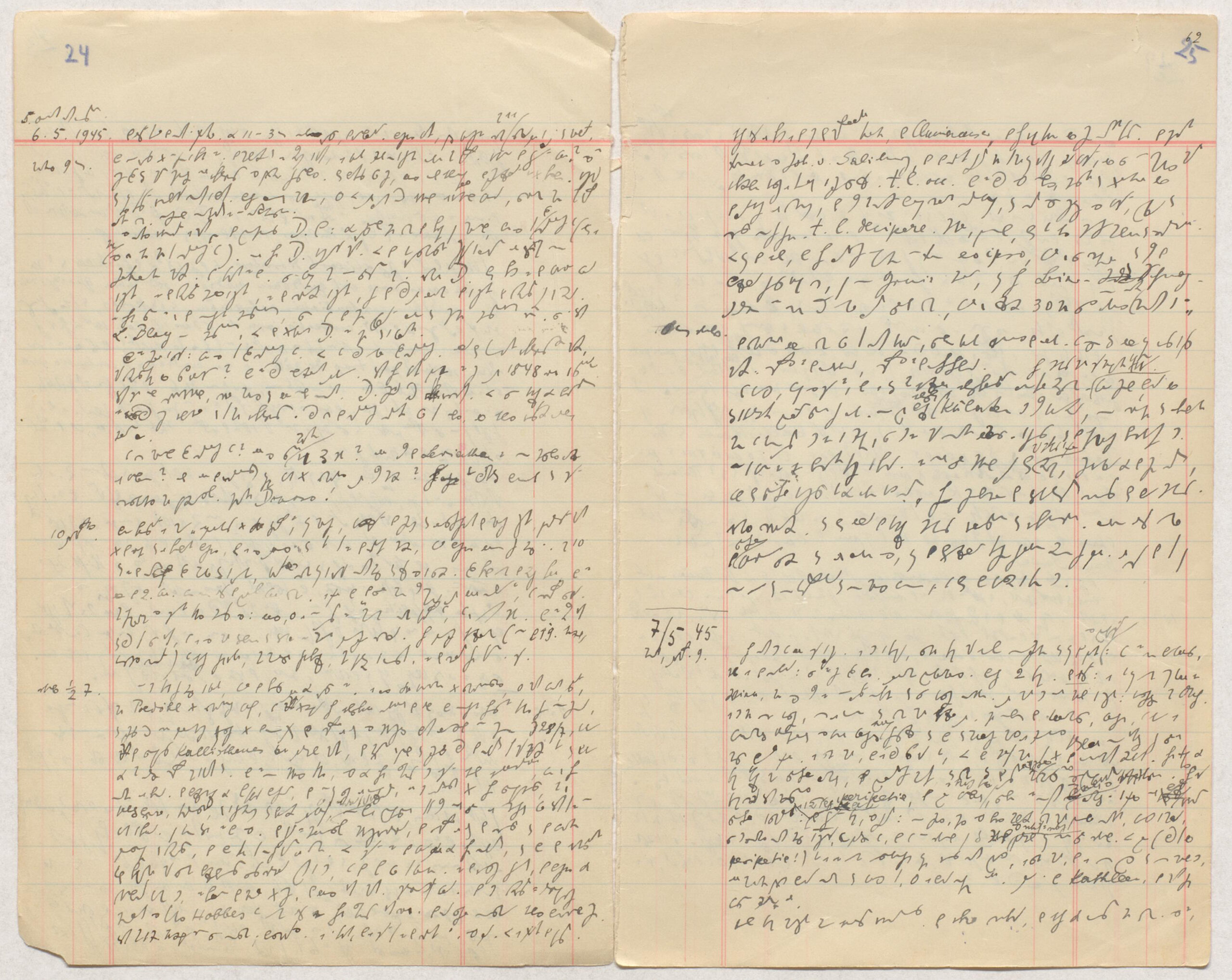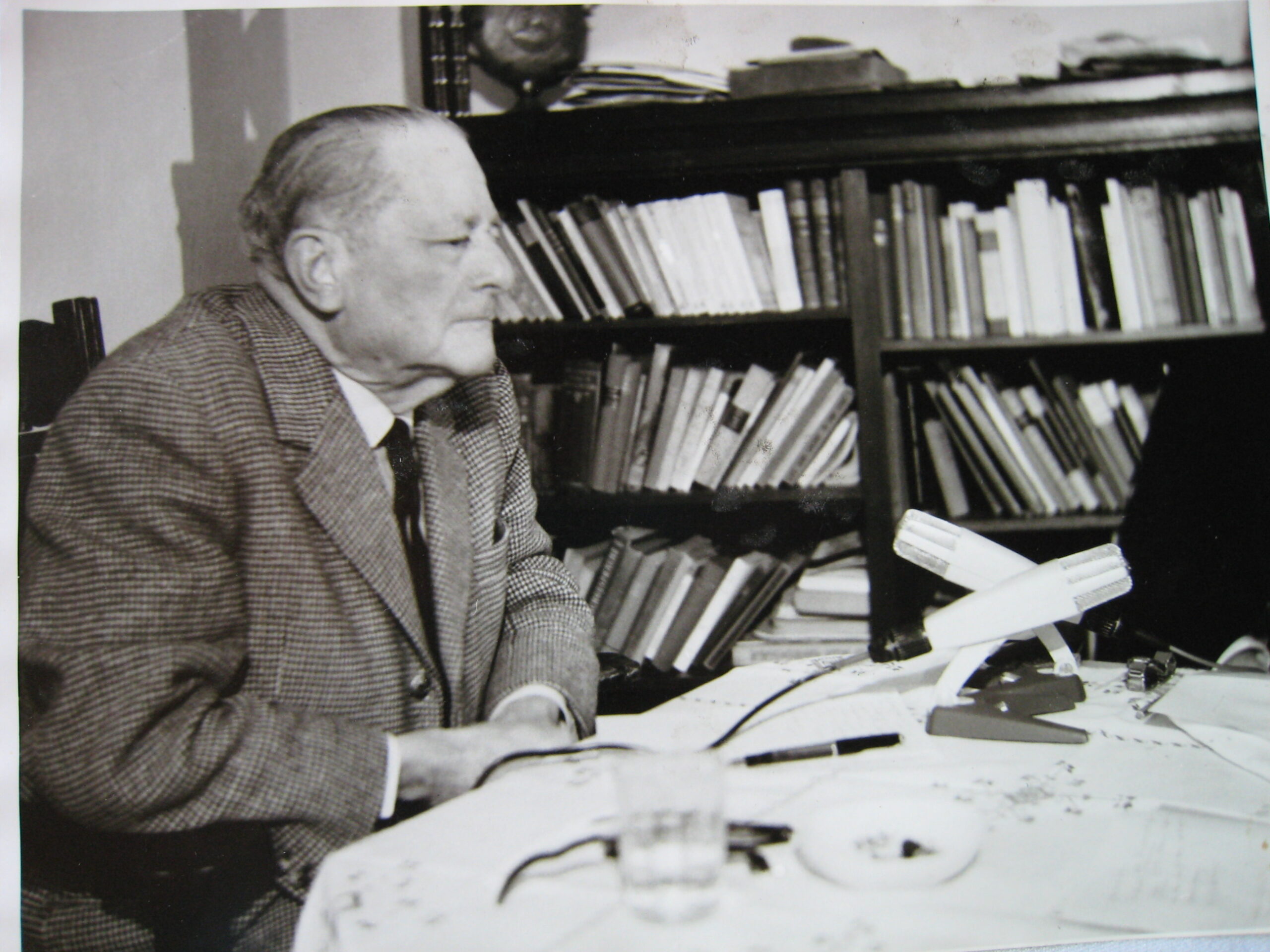Carl Schmitt
The Scholar and the Person
“C. S. was born in 1888 in Plettenberg (Westphalia), studied in Berlin, Munich and Strasbourg, habilitated in Strasbourg in 1916, lost his lectureship due to the outbreak of the First World War; from 1921 – 1945 full professor of public law in Greifswald, Bonn, Cologne and Berlin; 1933 Prussian State Councillor, lost his chair due to the outbreak of the Second World War and has lived in Plettenberg (Westphalia) since 1947. Three major works: Die Diktatur 1921; Verfassungslehre 1928 (reprinted 1954); Der Nomos der Erde 1950.”
Carl Schmitt on himself in 1954 for the Festschrift Ernst Jünger



